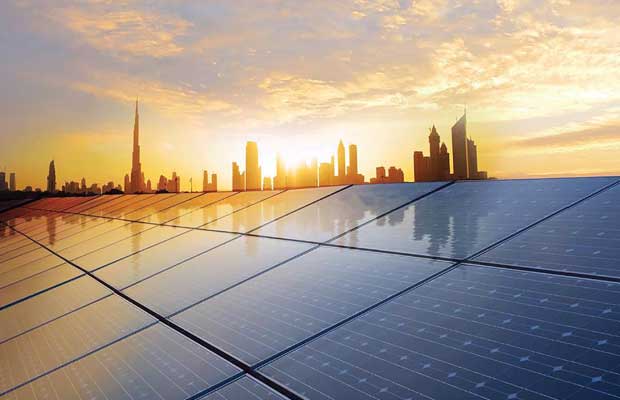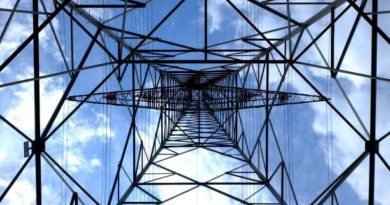Indian Solar Developers Get Some Relief From Government

In news that should bring some immediate relief to large solar developers, the Ministry of Finance has come out with a clarification on the Coronavirus epidemic. The clarification states that the coronavirus will be covered in the force majeure clause in agreements as a case of natural calamity. That should help developers whose incoming supplies have been affected in the period since Feb 1, when shipments have virtually been frozen from China. We have reported earlier on the huge risks to developers, should there be any ambiguity on accepting the Coronavirus as a force majeur event.
A force majeure clause in a typical PPA (Power Purchase Agreement) usually covers extraordinary events beyond the control of the signing parties. These are usually events such as wars, riots, crimes, or natural calamities. However, previously, even the GST regime has been recognised as a significant change in law, enabling it to be treated as a Force majeure, where applicable.
But, there is still room for disputes, as we saw in the many cases that went to regulators around GST, Safeguard duty and more. The clause does not excuse a party’s non-performance entirely but only suspends it for the duration of a period, as mentioned in the clarification.
That means, the developers facing delays will still need to convince the counter parties to their agreements about the specific impact of the coronavirus epidemic on project deadlines. Where the opposing party believes delays were caused by other factors in the developers control, they will still be free to take action as prescribed under the PPA. That, as we know can be open to many interpretations, and on past experience, state agencies have preferred to play it safe, ie, impose penalties where there is enough doubt in their minds.
Thus, if all plants in China were to be operational by say, March 1, would that mean the delay attributed to the epidemic would only be 1 month? After all the cascading effect of the shutdown is likely to take weeks more, if not months, to clear up.
Thus, we could yet see a rash of suits and work for state regulators to sit in judgement on.
Major research agencies like CRISIL have done developers a service by predicting significant impact from the virus.
Major energy bodies like the NSEFI have already made a case for solar projects linked to interstate transmission system (ISTS)-deals where a delay in commissioning would result in transmission charges/point of connection charges by the Power Grid Corporation of India (PGCIL) due to the operationalization of Long Term Open Access (LTOA).
By Arrangement with Saurenergy.com




